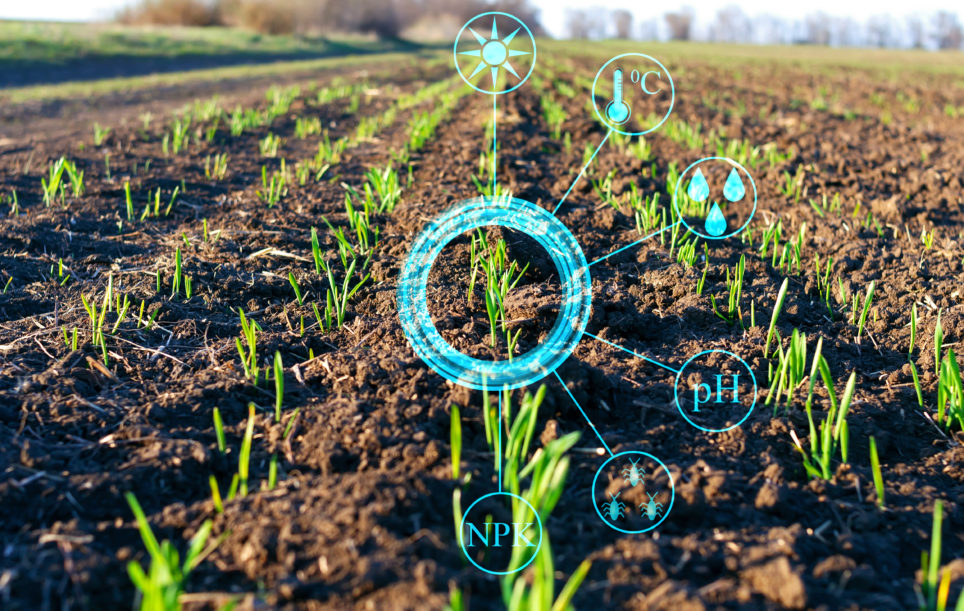
The Namibian government recently held a four-day training exercise for farmers from marginalized groups on small-stock farming and production. This training was conducted under the Improving Rangeland and Ecosystem Management Practices of Smallholder Farmers Under Conditions of Climate Change Project (IREMA) in collaboration with the Ministry of Agriculture, Water and Land Reform.
A total of 25 farmers were trained, including 11 male and 14 female farmers, and 19 farmers from marginalized groups such as the Himba, San and Zemba. The aim of the training was to equip beneficiaries of the project with improved small-stock farming and production skills.
The training covered various topics, including animal health, record-keeping, small stock husbandry, general body condition observations, diagnosing sick and healthy goats, kraal hygiene, vaccination and dosing, marketing, flock composition, breeding, and the effects of climate change on small-stock farming. The training also emphasized the importance of the small stock revolving scheme amongst beneficiaries, and the roles and responsibilities of beneficiaries in ensuring its successful implementation.
The training was conducted by different stakeholders, including the Agricultural Bank of Namibia, the Directorate of Agriculture Production, Extension and Engineering Services (DAPEES), and the IREMA Regional Technical Officer. Training handouts and other relevant literature were presented to the participants as reference materials.
The IREMA project is implemented by the Ministry in collaboration with the Environmental Investment Fund of Namibia. The project aims to minimize the susceptibility of smallholder farmers to climate change by safeguarding the natural capital that creates ecosystem services to sustain the agricultural production system.
In 2022, the IREMA project procured 630 goats, which benefited 29 beneficiaries, while the Ministry of Agriculture, Water and Land Reform also procured 441 goats, benefiting 21 farmers in the Kunene Region.
The training enabled participants to understand animal health, nutrition, and animal husbandry as well as how the program could improve the livelihoods of the community. By capacitating marginalized farmers, the Namibian government is taking a crucial step towards empowering smallholder farmers and promoting sustainable agriculture practices.



















Leave a Reply